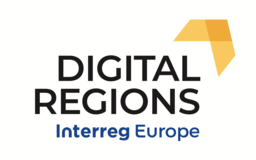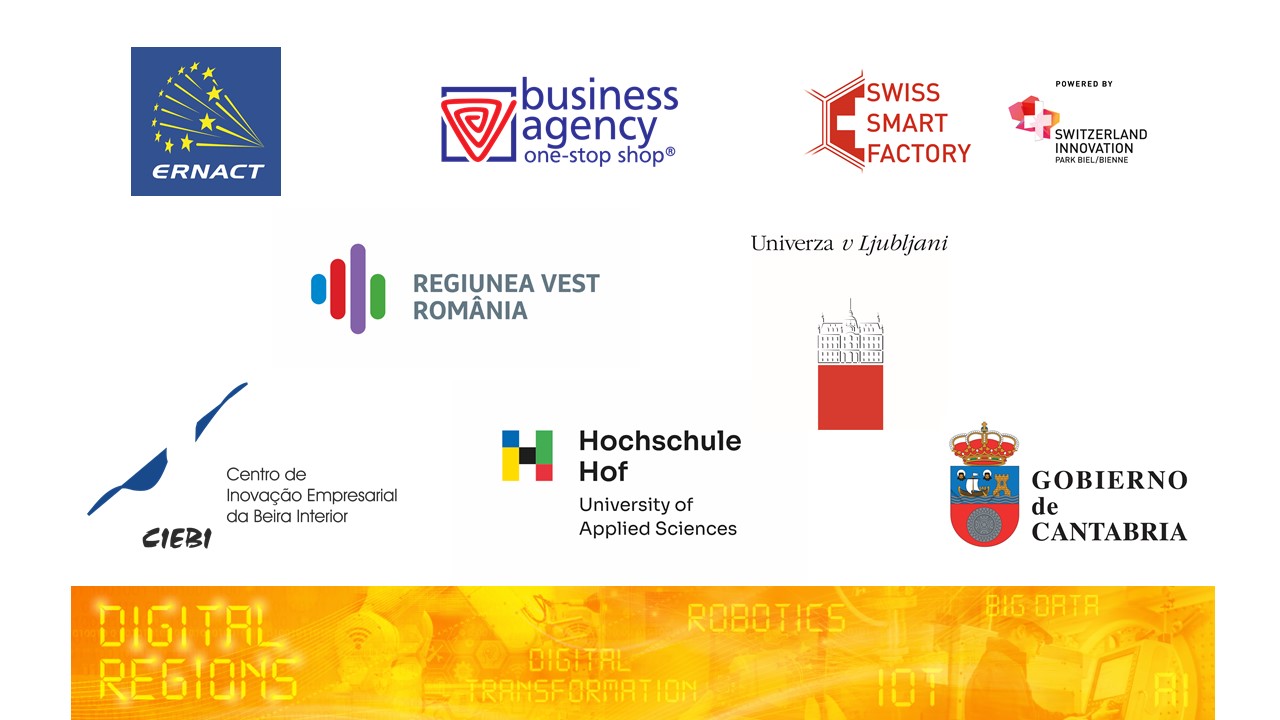Jure Verhovnik | Slovenia
DIGITAL REGIONS project partners and stakeholders from across Europe joined this virtual visit / workshop on the 25th February to learn about the DIGITAL REGIONS Good Practice of the Fablab Network Slovenia.
This is a National network developed since 2014 which strives to support digital innovation and now consists of an extensive network of 25 Fablabs & 91 partner organisations. The network is based on a public private partnership: ecosystems of SME’s, public administration, education organisations, mentors and more.
Tjasa Sobočan of Faculty of Electrical Engineering, University of Ljubljana (LTFE) outlined the challenges faced by regions in Slovenia which led to the Fablab network. These included brain drain, an inefficient education system, a mismatch between industry needs and education, high unemployment especially amongst young people, a lack of availability of technical staff.
The Fablabs are now to be found in both rural and urban areas and each provides a combination of:
- Co-working space, training, resources/equipment access, practical learning, knowledge sharing, mentoring, events, prototyping in range of areas: IoT, Crafts, Robotics, VR…
- A network of like-minded organisations (Open resources to use and share)
- Each Fablab can have its own focus dependent on available equipment and competence
- A repository of know-how with a database of available technology across the Fablab network
- Collective solving as challenges are collected and matched with a Fablab to address the challenge
The benefits to industry were access to resources such as equipment, technical knowledge and experience, staff, efficient training. Also the Fablabs allowed businesses to be more creative, innovative and inventive and to carry out inter-disciplinary research.
The benefits to the community included regional revival, stopping the brain drain, new opportunities for entrepreneurs, involvement of seniors through inter-generational collaboration.
Three good practices were presented: RogLab, 404 Institute and Makerspace.
For more information contact Jure Verhovnik.












